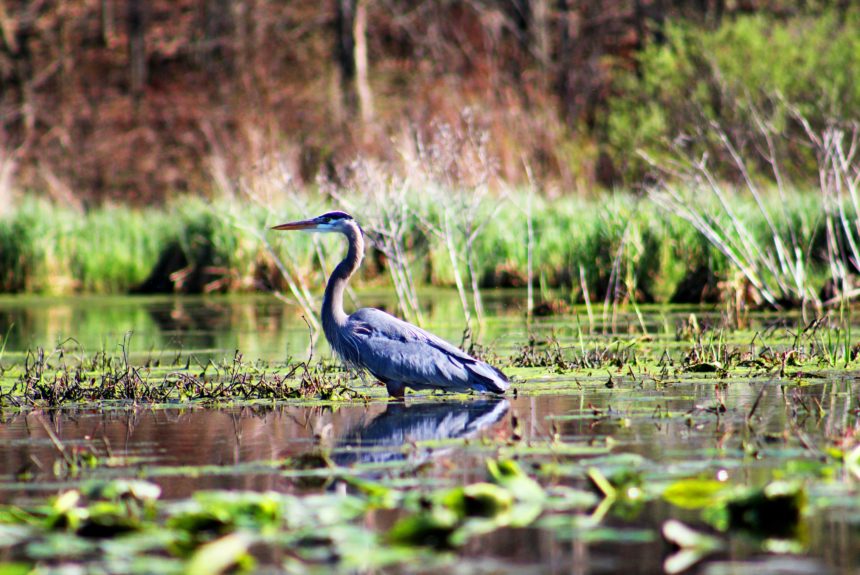The following is an excerpt from Nick Loris’ testimony to the House Select Committee on the Climate Crisis on April 1, 2022.
My name is Nick Loris, and I am the Vice President of Public Policy at the Conservative Coalition for Climate Solutions (C3 Solutions). Thank you for this opportunity to appear before the select committee to discuss the climate benefits of investing in healthy ecosystems.
My written testimony consists of the following two sections:
- The economic, environmental, and climate benefits of investing healthy ecosystems. Natural solutions are integral to reducing the risks of climate change. Conservation, restoration, and better land practices create more opportunities for forests, grasslands, and wetlands to capture and store carbon dioxide. Active land management that promotes healthy forests and eradicates invasive species will also reduce the risk of wildfires, floods and droughts. Various farming and ranching practices such as regenerative agriculture and precision agriculture will result in healthier soils and higher yields while sequestering more emissions and reducing the risk of flooding. In addition, integrating natural climate solutions for remediating abandoned mine sites would minimize environmental liabilities make these sites more economically attractive.
- Expanding opportunities for investments for healthier ecosystems. Policymakers should reduce barriers to healthy ecosystem investment, improve incentives for productive federal-state and private partnerships to prevent and eradicate invasive species. Furthermore, Congress and the administration should provide pathways to expand the use of regenerative and precision agriculture and implement reforms that generate alternative funding sources for natural climate solutions.
Section I. The economic, environmental, and climate benefits of investing in healthy ecosystems.
Investing in America’s natural ecosystems will expand economic opportunities and reduce environmental liabilities. Moreover, healthier ecosystems will produce climate benefits by reducing greenhouse gas emissions and reducing the risks of extreme weather events. Creating positive incentive structures among private property owners, the federal government, tribes, and state and local governments will improve the environmental health of America’s land and water systems. Whether it is healthy forests or regenerative farms, empowering landowners to deploy local and specialized knowledge will best deliver economic, environmental, and climate benefits. Landowners have the most to gain from responsible stewardship and the most to lose from mismanagement. Natural climate solutions and healthy ecosystems will not come from treating America’s forests, farmland, grasslands, and watersheds as if they should be stored in a museum. Instead, they require active attention, investment, and management.
Read the full testimony here or watch the hearing here.


